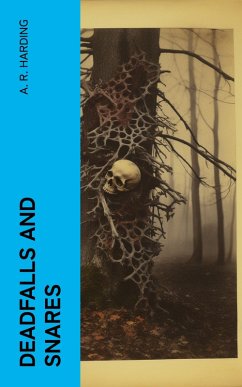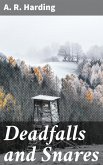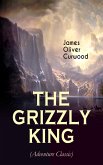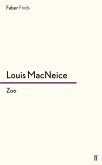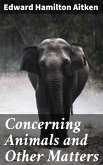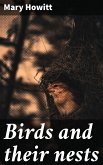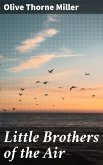Deadfalls and Snares is a book by Arthur Harding belonging to his series of Pleasure & Profit Books. It was first published in 1907 and gave extensive instruction on the art of building deadfalls from logs, boards, and rocks and making snares and toss poles. The book includes 50 illustrations of differently constructed deadfalls made of logs, boards or stones, coop or pen-style traps, trigger designs, and snare sets. Here, you can also find chapters on skinning, stretching, handling, and grading fur pelts, plus a listing of Newhouse steel traps available in the early 1900s.
Dieser Download kann aus rechtlichen Gründen nur mit Rechnungsadresse in A, B, BG, CY, CZ, D, DK, EW, E, FIN, F, GR, H, IRL, I, LT, L, LR, M, NL, PL, P, R, S, SLO, SK ausgeliefert werden.

